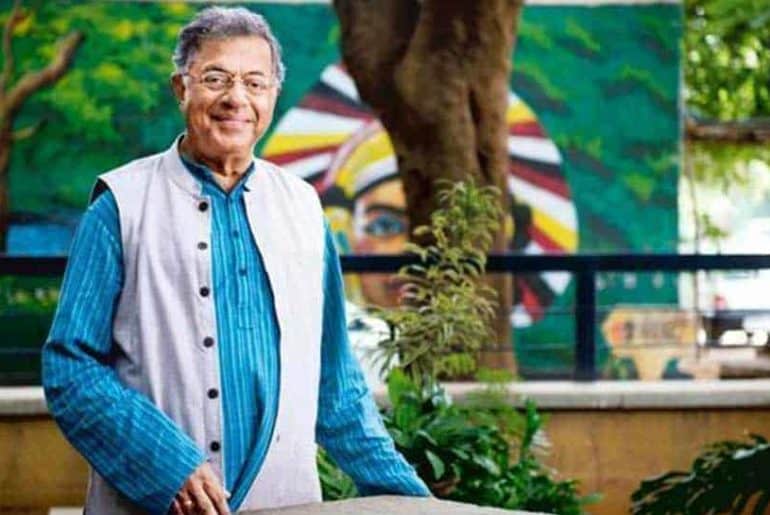At Dvara Research, we are delighted to host the inaugural Dvara Research Blog Competition 2019 for students currently pursuing Bachelor’s and Master’s degrees in India. The theme of the competition is “Suitable Finance for Agricultural Households”. It is aimed towards encouraging students to conduct analyses on the agricultural sector in India, and how suitable finance can serve as a lever for lower-income agrarian households to improve their social as well as financial capital.
Agriculture as an occupation is dependent on circumstances that are highly unpredictable. The likelihood of shocks for workers engaged in agriculture, as well as the seasonality of cropping cycles usually leads to such households not having a regular source of income. As a result, regular financial products and services, with their calculations made based on monthly averages, fall short of being able to address the issues faced by agricultural households.
At Dvara Research, the Household Finance Research Initiative aims to rigorously understand the financial choices and decisions of low-income or excluded individuals and households, and their relation to achieving households’ objectives. In this context, we realise that one cannot look at the financial well-being of households without ensuring that they are protected from being prescribed unsuitable methods by which to achieve it. We believe that financial service providers must ensure that the customers’ interests are adequately and effectively protected as a matter of business process. Through this competition, we hope to encourage and invite thinking on ways of aligning these two important aspects of household finance, to apply suitable finance to the issues and challenges faced by agricultural households.
The competition builds on our intent to develop and promote the household finance research community in India. Earlier this year, the Household Finance Research Initiative had launched two tools – the Financial Well-Being Evidence Gap Map and the Dvara Open Online Repository – to engage with the broader household finance research community and to pool resources that would help further their work. The competition serves as a means to encourage students to engage with the theories and resources of household finance, thereby building the community and increasing the flow of ideas within the sphere.
Students are encouraged to submit their original analysis/insights by 20th October 2019, which would be reviewed by an eminent jury, comprising of Dr. Ajay Kumar Tannirkulam, Bindu Ananth, Dr. Ritu Verma, and Dr. Sudha Narayanan. The top three entries as selected by our jury will receive INR 35000, INR 25000, and INR 15000 respectively. The top three entries will also be featured on our blog. For competition rules, grading criteria and relevant resources, please visit this page.
(This article was contributed by Vishwanath C from Dvara Research)


